Despite Russian warnings, HMS Dragon has successfully helped to ensure freedom of navigation in the Black Sea.
Freedom of navigation is one of the oldest and most recognised principles in maritime law, defined as “freedom of movement for vessels, freedom to enter ports and to make use of plant and docks, to load and unload goods and to transport goods and passengers”.
.@HMSDragon recently worked alongside the Romanian Navy in the Black Sea to support freedom of navigation in these important waters
The @RoyalNavy is furthering strong partnerships with @NATO allies by working alongside partners from Romania 🇷🇴 and Canada 🇨🇦 pic.twitter.com/0EiqlPqkhR
— Defence Operations 🇬🇧 (@DefenceOps) October 27, 2020
Russian state media earlier warned that their Black Sea Fleet was tracking HMS Dragon after the vessel entered the Black Sea.
“The Black Sea Fleet’s forces and capabilities have started to track the UK Navy’s destroyer Dragon that entered the Black Sea.”
Use of the Black Sea by non-Black Sea states is limited by the Montreux Convention but it allows warships from outside powers to remain in the body of water for 21 days.
HMS Dragon’s main role as a Type 45 Destroyer is air defence and providing protection to other ships by detecting and neutralising enemy threats with the Sea Viper anti-air missile system.
Back in 2018, sister ship HMS Duncan was swarmed by 17 Russian jets in the Black Sea. Footage from a documentary showed the moment HMS Duncan was swarmed by 17 Russian jets as she led a NATO fleet through the Black Sea earlier this year.
The footage formed part of a four-part Channel 5 documentary called Warship: Life at Sea. This documentary premiered on the 26th of November at 9pm (GMT) on Channel 5, more information on the documentary can be found here.



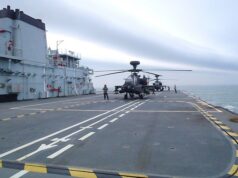

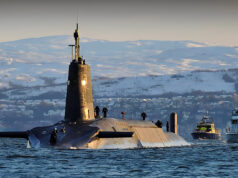
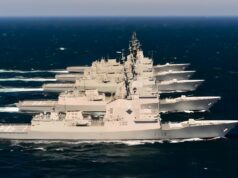

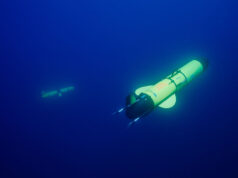
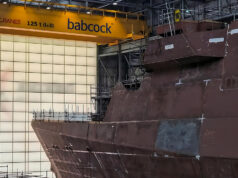

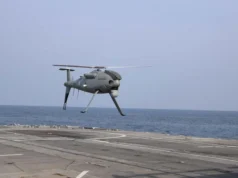
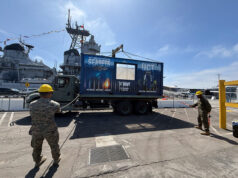

Weird rule that you cannot operate more than 21 days in Black Sea, there are no such rules limiting Russian ships in the Med or Atlantic
I wonder what the Russians would do if the QE and PoW Battle groups put in an appearance at some time in the future?
Which also puts a cap on how large a T45 replacement could be, assuming Black Sea access is required, which seems likely. Ditto for a future Arleigh Burke replacement since AB Flight III is already very close to that 10k tonnes limit. Perhaps an example of how useful FFG(X) might be beyond more usual assumptions of use.
By the looks of the Montreux Convention, no large capital ships (>10000 tonnes) on battle groups allowed that don’t belong to a Black Sea state